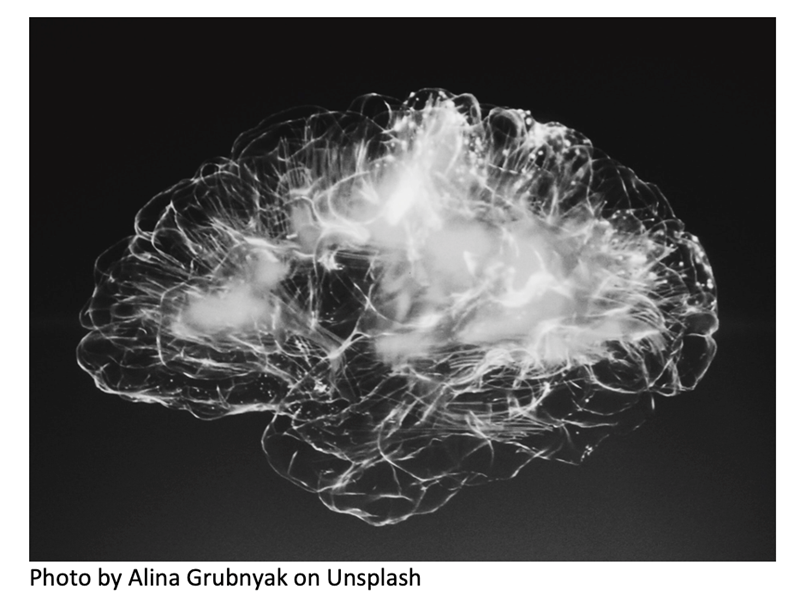ADM Diagnostics Receives NIH Grant to Distinguish Effects of TBI from Alzheimer’s Disease
 ADM Diagnostics, Inc. (ADMdx) will develop a diagnostic test to detect the effects of repeated head impact upon the brain and differentiate these effects from Alzheimer's disease, using a two-year $1.96 million Phase II Small Business Innovation Research (SBIR) grant from the National Institutes of Aging (NIA), a division of the US National Institutes of Health. Of this, $1 million in funding for the first year has been authorized with the remainder contingent upon approval of an interim report and availability of funds.
ADM Diagnostics, Inc. (ADMdx) will develop a diagnostic test to detect the effects of repeated head impact upon the brain and differentiate these effects from Alzheimer's disease, using a two-year $1.96 million Phase II Small Business Innovation Research (SBIR) grant from the National Institutes of Aging (NIA), a division of the US National Institutes of Health. Of this, $1 million in funding for the first year has been authorized with the remainder contingent upon approval of an interim report and availability of funds.
Repeated head impact experienced by athletes in contact sports, military personnel, persons who experience falls, and victims of domestic violence can cause progressive injury to the brain, even when impact does not cause concussion. The number of persons at risk exceeds 75 million in the U.S. and 300 million worldwide. Brain effects can ultimately lead to Chronic Traumatic Encephalopathy (CTE), which has similarities to Alzheimer's disease but is a different disease. There is currently no diagnostic available during life to assess brain injury caused by repeated head impact or whether an individual is developing CTE. Using brain imaging, artificial intelligence, and blood biomarkers, ADMdx is developing analysis tools that can be used by clinicians to assess and differentiate brain effects in early, potentially reversible stages as well as when and if CTE may be progressing. Better diagnosis can be used to support the development of treatments, improved patient care, and prevention.
ADMdx continues to collaborate in this work with leading researchers in the Traumatic Brain Injury and Alzheimer's disease fields, using a unique combination of data acquired on persons exposed to repetitive head impact. Collaborators include investigators from the Cleveland Clinic Lou Ruvo Center for Brain Health, the Center for Transformative Neuroscience at the University of Nevada, the Boston University Chronic Traumatic Encephalopathy Center, and Indiana University.
ADMdx will use a unique, comprehensive set of more than 5,000 brain scans and blood biomarkers from boxers, mixed martial artists, martial artists, retired professional and college football players, contact college sports players, and controls, in combination with data from ADMdx's internal proprietary database of over 35,000 brain scans and related data. Using a subset of this data during Phase I of this grant, ADMdx has already demonstrated patterns of brain changes that begin during active head impact exposure and that worsen in some individuals for years after retirement.
Dawn Matthews, CEO, stated, "This grant will support our path toward a robust diagnostic product that can aid in the care and treatment development for those experiencing repetitive head impact." She added, "We are excited to pursue this effort, which will benefit from a unique combination of high-quality data, the expertise of our collaborators, and our experience in applying AI methods to detect and discriminate dementias."
